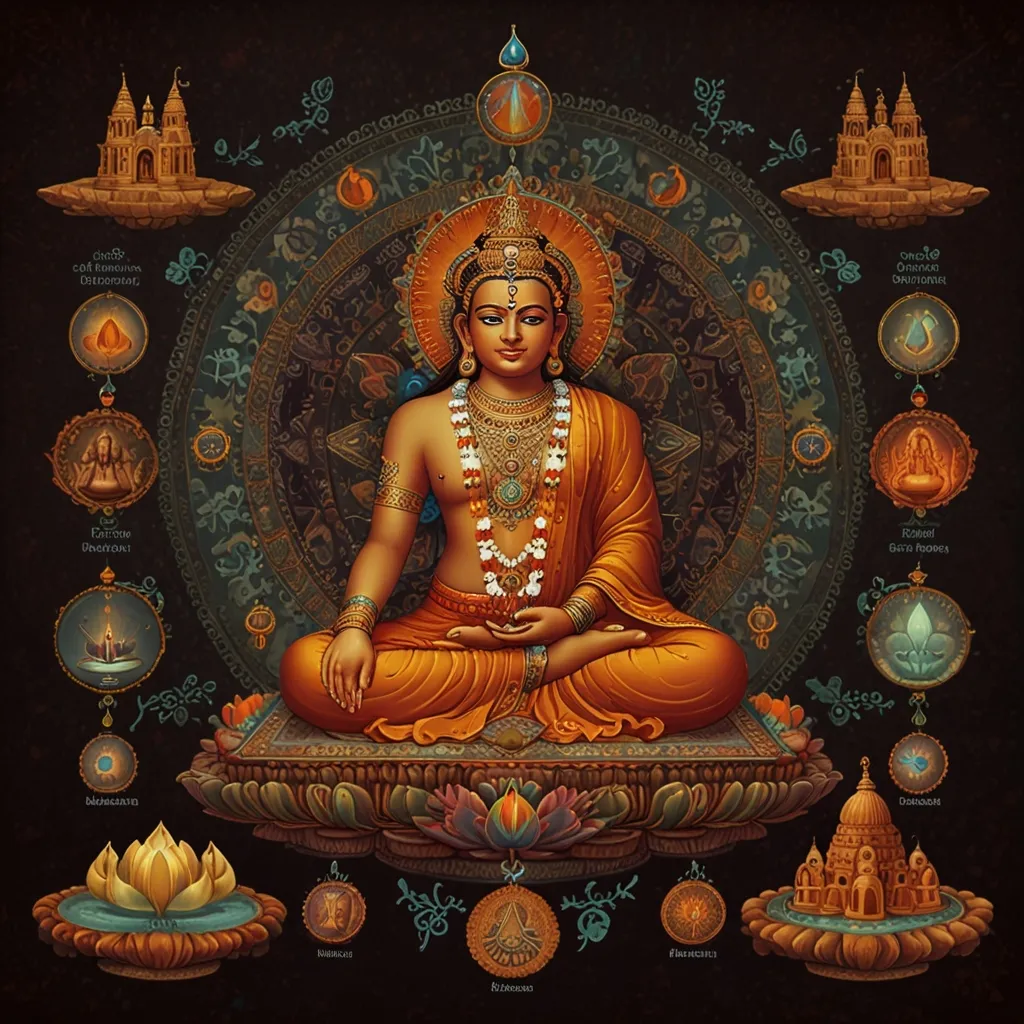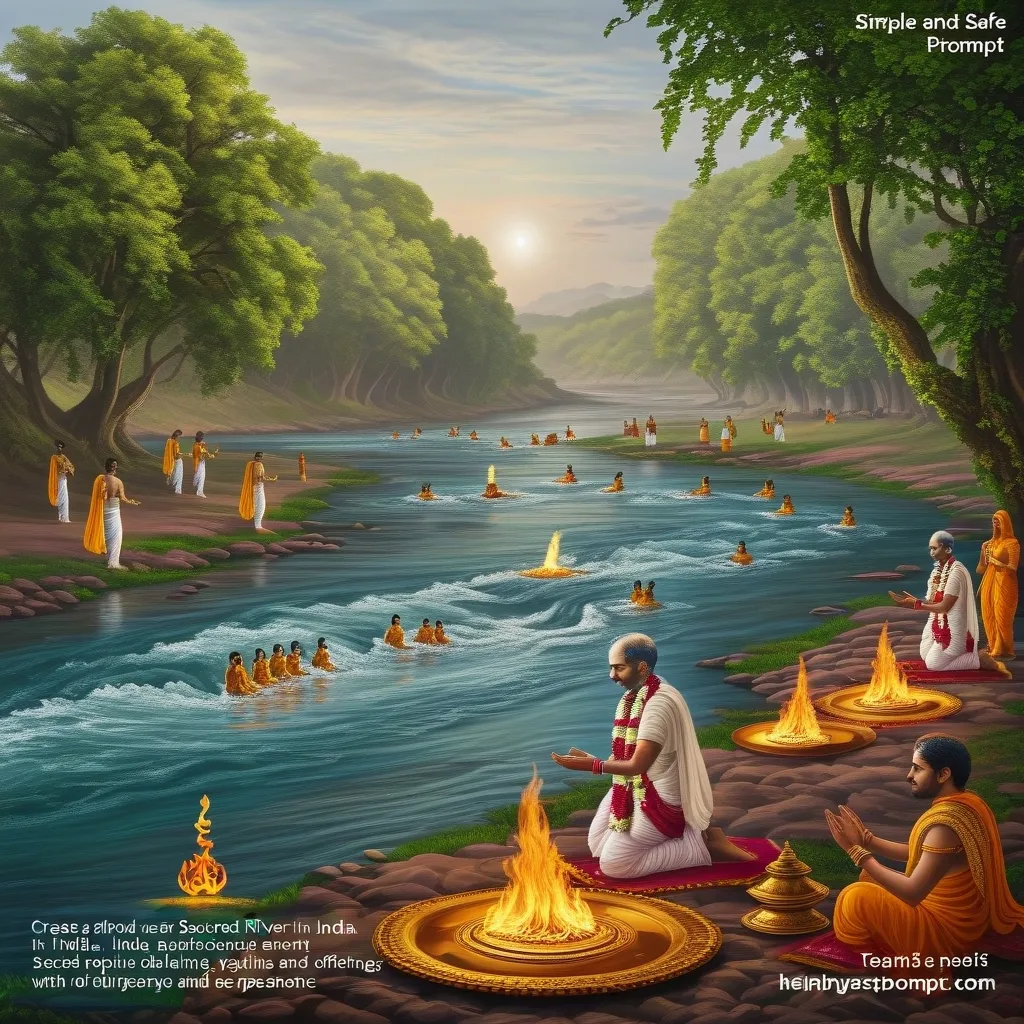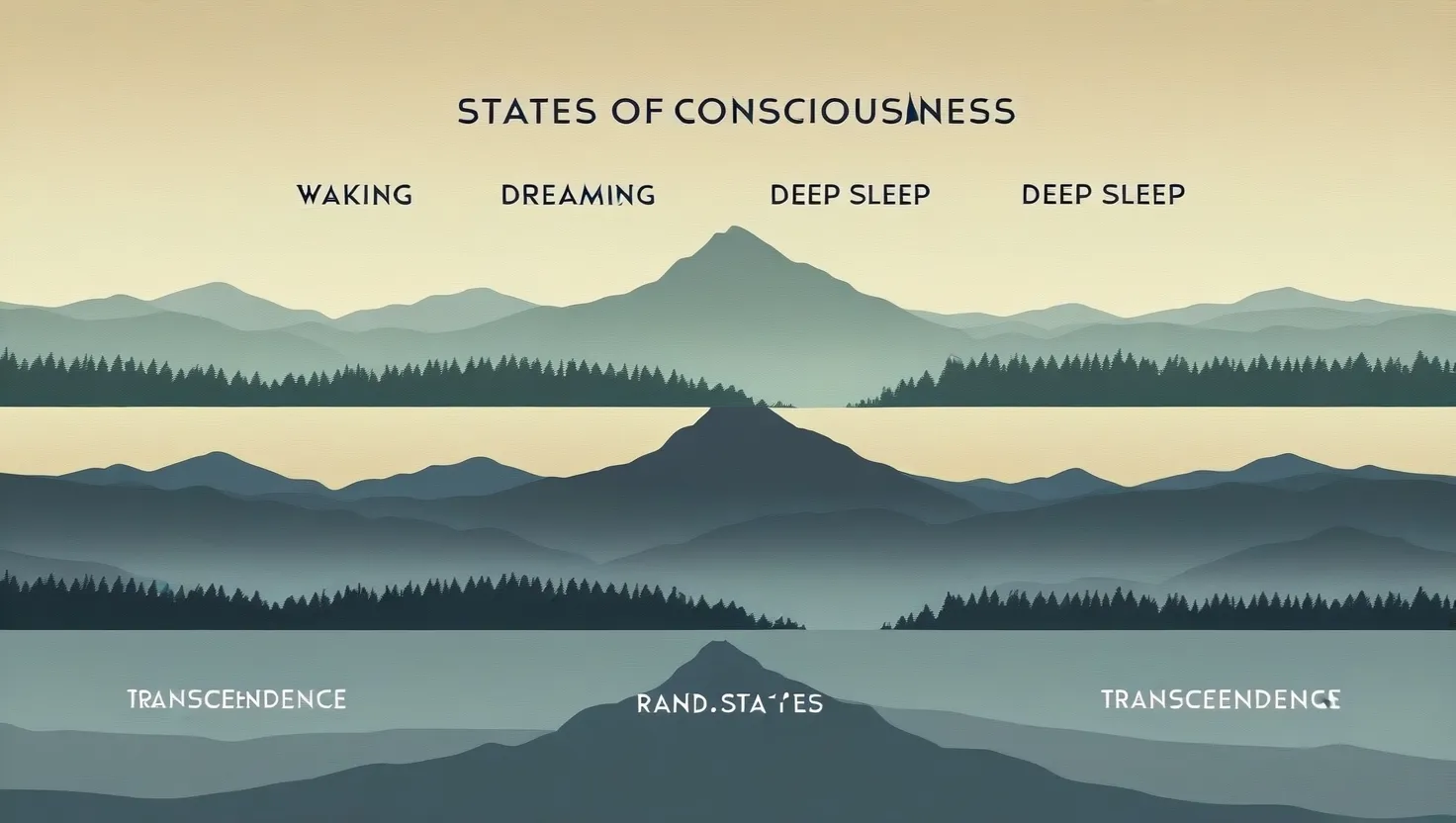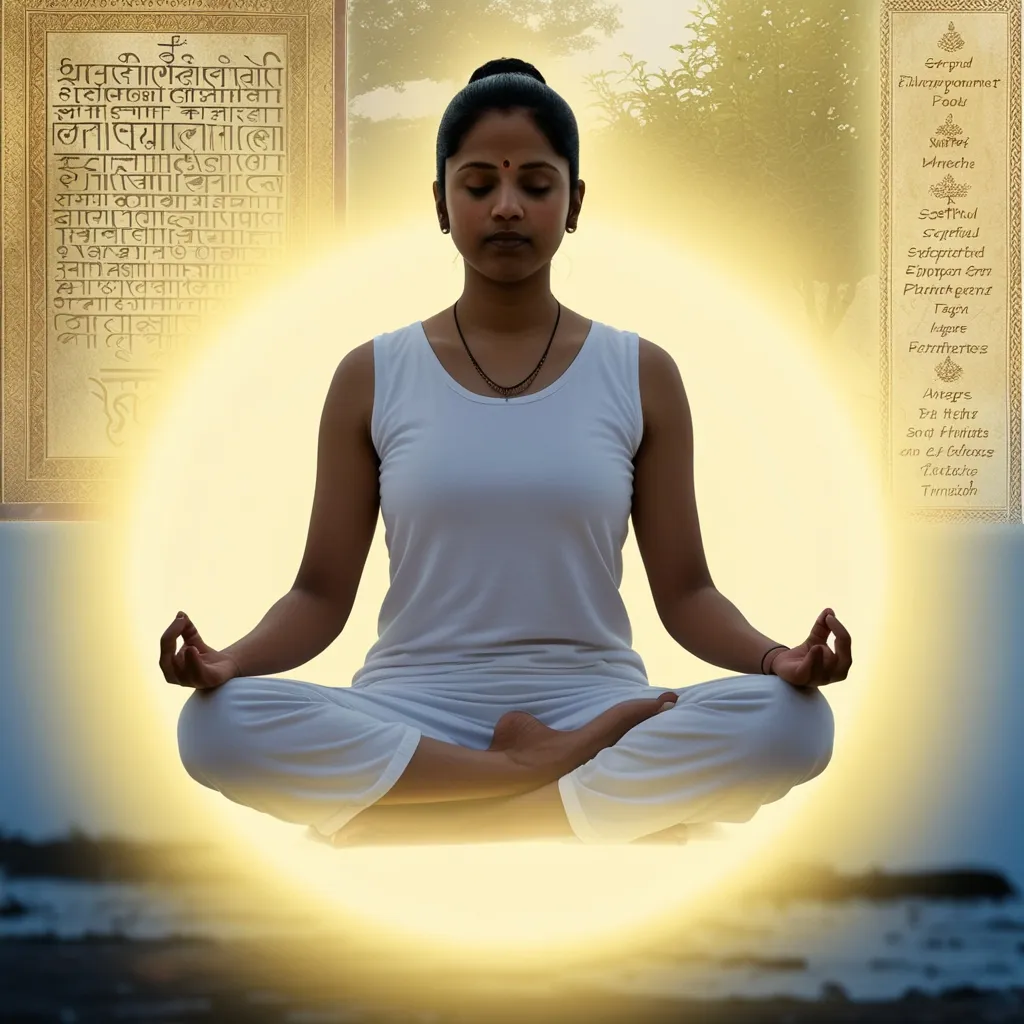Diving into the world of human psychology and consciousness, it’s fascinating how ancient Indian Vedic theories still hold so much relevance today. These theories, deeply rooted in texts like the Vedas and Upanishads, offer wisdom that continues to inspire and shape modern thought.
Picture this - consciousness is the ultimate mystery. Everything about awareness, the mind, and the true Self is explored deeply in these ancient texts, dating back as far as 2000 BC. The Vedic theory of consciousness views awareness as a reaction to an underlying illuminating principle, often called the “self.” This idea cleverly separates the tools we use to gain awareness (like sight and hearing) from the actual person who experiences this awareness. It’s like drawing a line between the mind and the true Self.
When it comes to the mind, Vedic psychology paints a vivid picture. Imagine the mind as an orchestra, with the Manas (sensory mind) handling the sensory inputs, the Buddhi (intellect) making all the tough decisions, and Chitta (memory) being the silent recorder of all past experiences. All these elements are influenced by Samskaras—the imprints left by our experiences—and shaped by the gunas (qualities) of sattva (clarity), rajas (activity), and tamas (inertia). It’s a beautiful, dynamic interplay that constantly shapes our mental landscape.
At the core, though, there’s Atman, the true Self. This concept is the cornerstone of Vedic psychology. Atman is the eternal, unchanging essence within us that transcends all the chaos of the mind and body. Realizing this true Self is seen as the ultimate goal in life, leading to liberation (Moksha) from the endless cycle of birth and death (Samsara).
To bring this ancient wisdom into our daily lives, Vedic psychology suggests some practical tools. Meditation (Dhyana) and mindfulness practices play a crucial role in calming the mind and diving deep into one’s consciousness. Breathing exercises (Pranayama) and physical postures (Asana) help align the body and mind, fostering not just physical health but also mental clarity. These practices help us tap into a profound sense of inner peace and fulfillment, beyond the mind’s usual dualities.
Emotions, too, are given due importance in Vedic psychology. They arise from the dance between the mind and world, mirroring our inner states. The elements of Viveka (discernment) and Vairagya (detachment) are emphasized as essential tools to rise above the mind’s limitations. While our mind can easily succumb to psychological imbalances, the true Self—Purusha—remains untouched, an unconditioned consciousness existing beyond all forms.
Interestingly, there’s a strong resonance between ancient Vedic insights and modern scientific fields like quantum mechanics and neuroscience. Modern science recently began acknowledging consciousness as a fundamental aspect of reality, not just a byproduct of brain functions. This aligns well with the Vedic view that sees consciousness as an underlying principle, much like how quantum theories suggest that the observer is crucial in the measurement problem of physics.
The brain-mind conundrum is also a shared challenge. Modern psychology often struggles to explain self-awareness purely through brain processes. In contrast, Vedic psychology posits that the true Self extends beyond our physical brain. This ancient perspective provides a refreshingly different take, suggesting that consciousness is an inherent aspect of the universe and not just a result of neural activities.
Ultimately, Vedic psychology aims to guide individuals on a transformative journey of self-discovery and spiritual awakening. It encourages recognizing the mind as merely an instrument and not the true Self. Once we cultivate awareness and detachment, it’s easier to transcend the mind’s limitations and find inner peace. This is the essence of the yogic journey, which champions meditation and the relentless pursuit of self-knowledge.
Despite its ancient origins, Vedic psychology continues to be incredibly relevant today. Its comprehensive approach to mental well-being and spiritual growth contrasts sharply with the often fragmented theories of modern psychology. By aligning with these timeless truths of the self, one can navigate the complexities of modern life with a greater sense of clarity and purpose.
It’s also fascinating to see how these ideas have evolved. From the early Vedic texts to the Upanishads and later writings focused on yoga and tantra, the exploration of consciousness has been ongoing. This evolution represents a continuous quest to understand awareness and its role in human life.
Reflection is crucial in this context. In both Vedic psychology and modern discussions, reflection is a process that helps us understand the world and our place in it. It’s central to cognitive abilities and is a key part of the yogic path towards self-realization.
In many ways, modern psychology remains fragmented, searching for unifying concepts to explain the nature of the self and consciousness. On the other hand, Vedic psychology offers a holistic framework that integrates spiritual and philosophical insights with practical advice for mental health. Recognizing the true Self as existing beyond the conditioned mind provides a profound solution to psychological suffering.
The journey towards liberation, as guided by Vedic psychology, is about breaking free from the cycle of birth and death through the realization of one’s true nature. It’s about understanding the mind and its components, cultivating awareness and detachment, and embarking on a transformative journey towards self-discovery. Principles like Dharma (righteous living), Karma (cause and effect), and Yoga (union with the divine) pave the path to this liberation.
All in all, Vedic theories on human psychology and consciousness offer a wealth of knowledge that helps us understand the intricate connections within the human mind. Exploring these ancient insights can lead to a deeper comprehension of consciousness and our true selves, guiding us on a fulfilling journey of self-discovery, spiritual growth, and ultimately, liberation.






